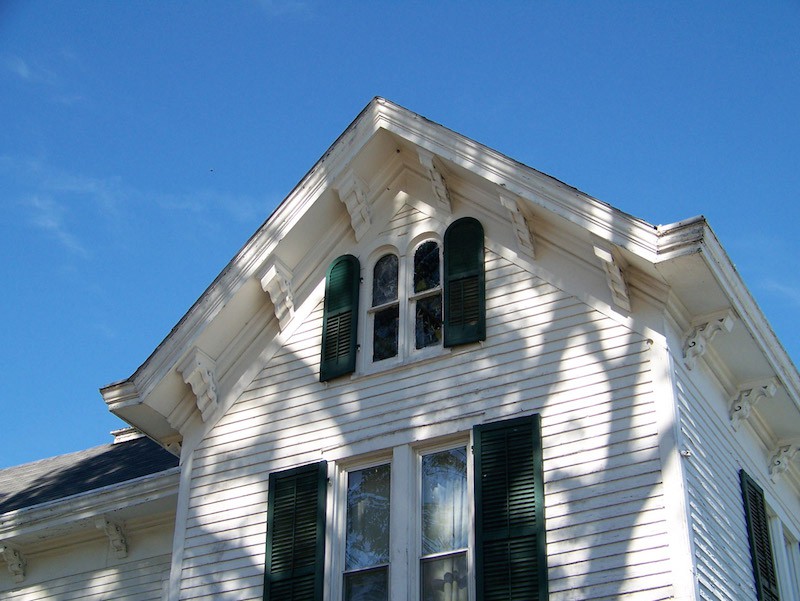The need for more regulation for sober home providers is getting national attention after a spate of overdoses at sober homes in Connecticut, prompting a team of bipartisan Senators to request colleagues determine if oversight is needed on the federal level.
Sober homes, often a transitioning point for addicts getting clean or transitioning from treatment, are meant to provide a safe haven in a dangerous world fraught with temptation for those vulnerable to relapse. Unfortunately, many people who open sober homes see them as a profit-seeking venture, putting the money from insurance company over the welfare of their clients. This can lead to dangerous conditions inside the homes themselves, where relapsed addicts have a space to use drugs, and so little oversight that some addicts have died from them.
In addition to Connecticut, other states have also been finding inconsistencies with providers — and even dangerous situations where people trying to get clean and sober have been housed with people still actively using drugs like Oxycontin or heroin. For example, a California investigation prompted by insurance companies found many sober homeowners were accused of bribing patients to attend treatment, offering little incentive for the addicted to get clean and sober. In Florida, not only has patient brokering been found in the sober home industry; drug abuse and fraud seem to have run rampant, with the arrests of over 20 sober home employees–not all from the same company– in the past 6 months alone. (In Florida, the problem with fake or unethical sober homes has gotten so bad; they have created their own investigative Sober Homes Task Force to seek out bad actors within the industry.)
Leading the effort to consider federal legislation is Sen. Chris Murphy, from Connecticut. Murphy has been joined by Sen. Elizabeth Warren, from Massachusetts, Senator Orrin Hatch, from Utah, and Senator Marco Rubio from Florida. The senators first act to tackle the problem was a joint letter written to the U.S. Government Accountability Office, asking it to investigate state and federal oversight of these homes.
In the letter, Murphy tells the Comptroller General of the United States Gene Dodaro that the recent overdoses that have occurred in Connecticut sober homes “have raised questions about these facilities, and the GAO review will be helpful in determining whether state and federal policymakers should consider additional oversight.” Connecticut is just one state of many that has experienced an explosive uptick in heroin and opioid use in the past several years, with nearly 900 overdose deaths in 2016.
Currently, sober homes are not usually subject to regulation in most states because they don’t provide drug treatment, but rather offer supportive environment without any special requirements for operators or owners. Murphy and his colleagues want the GAO to determine if they should be under greater scrutiny by the state or federal government.
While some local governments in the US have tried to restrict the establishment or operation of sober houses through zoning and housing codes, federal law requires them to protect the rights of recovering addicts under disability laws. This often means that policies that are viewed as discriminatory can be challenged and thrown out in court.
There are few state-level and zero federal regulations about the standard of treatment a person must receive in a sober home – in fact, there currently are no federal requirements at all.



Leave A Comment